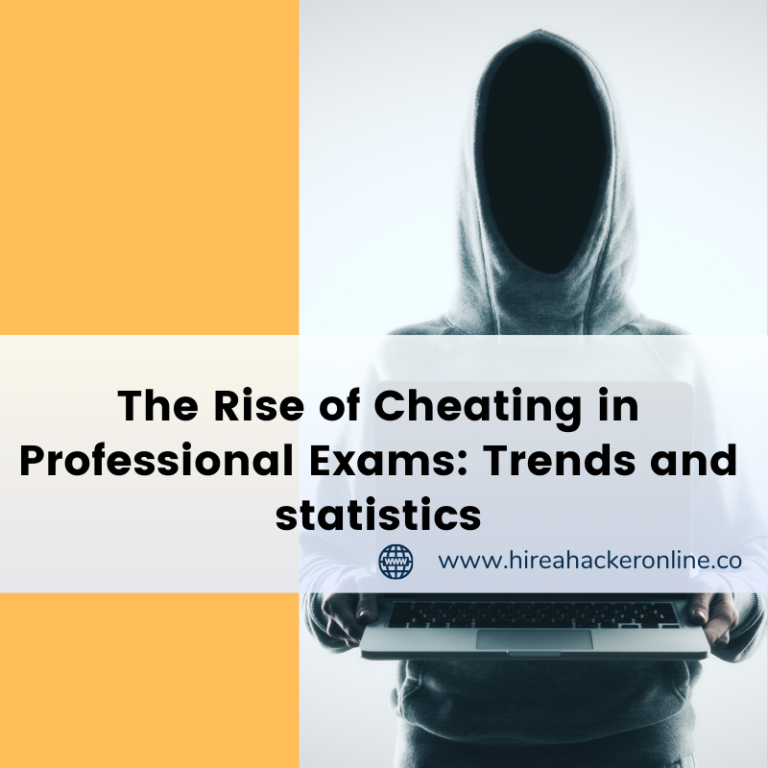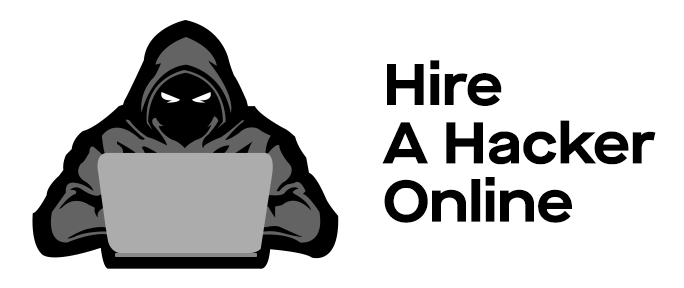Cheating on professional tests is becoming a bigger problem all over the world. Since technology is always improving, so are the ways people cheat. Those in charge of exams and organizations are very worried about this. Most of the time, cheating on these tests has very bad results that affect both the person who did it and the professional field. To solve this problem effectively, you need to know why it’s getting worse and how it’s changing.
Growing Pressure on Professional Exams
Getting through their certification tests is very stressful for a lot of employees. These tests are often used to decide how to move up in your business, keep your job, or even get into certain areas. Because of the pressure and the high stakes, some candidates do things that aren’t right, like stealing.
Also, a lot of job tests are really tough. People may spend months studying, and failing can mean paying money to take the test again. People may think that cheating is their only way to pass because of this. Fear of failing and the need to get a good job are two reasons people cheat on tests.
The Role of Technology in Cheating
The way people cheat on tests has changed a lot because of technology. In the past, cheating was done more standard ways, such as copying other people’s work or keeping notes hidden. These days, candidates use more advanced methods. Electronic gadgets, micro earpieces, and even hidden cams are some of these ways. There are also websites that offer “test banks” with real exam questions that some students use.
Also, progress in AI (artificial intelligence) is making a difference. People are getting around test tracking systems by using AI-made answers. It’s getting harder and harder for institutions to catch cheating in real time because of this. Because of this, organizations and inspectors must keep updating their systems to stop these high-tech ways of cheating.
Statistics and Global Trends
New studies show that cheating on professional tests is becoming more common around the world. The International Center for Academic Integrity did a study and found that about 68% of students admitted to cheating while they were in school.
This is something that many of them do even when they are working. For professional certification tests, the numbers are just as scary. About 20% of people who take tests in some fields, like healthcare and business, have admitted to cheating in some way.
According to a study from 2021, countries like the US, India, and China are some of the most affected by cheating on exams. There has been a rise in cheating on online tests, which became more common during the COVID-19 pandemic. Remote testing has made it easier for candidates to take advantage of flaws in test systems, which lets them cheat without being caught right away.
The Psychological Impact of Cheating
Cheating can also hurt your mental health. When people cheat, they might feel better right away, but shame and worry often follow. People who take tests dishonestly may experience imposter syndrome because they are always afraid that their lack of knowledge will be found out. Also, the stress of worrying about being caught can be very bad for their mental health.
Cheating makes you feel bad about your own self-worth over time. People may use these dishonest methods over and over again, never believing in their own skills. This can stop them from growing as people and getting better at their jobs. If someone cheats all the time, it can hurt their job and their sense of self-worth over time.
Consequences for the Professional World
Cheating on professional tests hurts more than just the people who do it; it hurts whole businesses. Bad work is done by people who don’t have the right skills when they start working. In some areas, like medicine or engineering, the results can be terrible and put people’s lives at risk. Professionals who aren’t skilled can hurt a company’s image and make people less likely to trust an industry.
Also, companies and organizations often lose money when they hire workers who aren’t prepared. Employers may need to give these people more training or risk making mistakes that cost a lot of money. Costs go up even more because organizations and regulatory bodies have to spend a lot of money to enforce strict anti-cheating rules.
Steps Taken to Combat Cheating
Since cheating on professional tests is becoming more common, many organizations are putting in place tighter rules. Proctoring software is one way that is often used. These programs use AI to keep an eye on candidates from afar and spot any strange behavior. Biometric identification is another way that test places make sure that the right person is taking the test.
In addition to these technical steps, schools are also pushing for education that is moral. Candidates should know how important it is to be honest in their work lives. There are also groups that give therapy to help people deal with the stress of tests without cheating.
In the end, the punishments for cheating have gotten worse. People who are found cheating on professional tests in many countries are fined, have their credentials taken away, or even go to court. People who are running for office will think twice before being dishonest because of these effects.
Moving Forward: A Balanced Approach
Cheating should not be allowed, but the problems that lead to it must also be fixed. Many experts say that in today’s fast-paced world, there is too much pressure to do well. People who are taking a test might feel like their whole future depends on it. So, lowering this stress by giving students more chances to learn and get help could help stop cheating in the long run.
Another way forward is to make the frameworks of exams better. Exams could test more on actual application and critical thought instead of just memorization. By making tests that look at skills that are useful in the real world, schools can make it less appealing for students to cheat and better prepare them for their jobs.
Final Thought
The rise in cheating on professional tests is a result of social demands and technological progress. The problem is scary, but it’s not impossible to solve. We can stop the trend by enforcing the law more strictly, focusing on teaching morals, and lowering the worry that comes from exams. Being honest at work is important for everyone, not just one person or one industry. Making sure tests are fair and honest is important for keeping trust and skills up in every area.
Sources:




